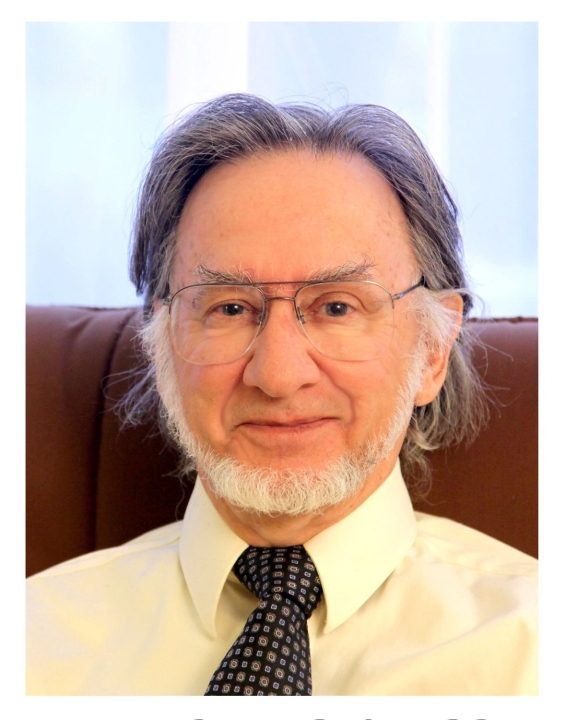Professor Emeritus Jean-Paul Richard, an experimentalist with numerous contributions to the understanding of gravity, died on September 6, 2023. He was 87.
A native of Québec City, Québec, Richard studied at the Université Laval before moving to France for his graduate work. Following doctoral studies in theoretical physics and physical sciences at the Université de Paris, Richard accepted a postdoctoral position at the University of Maryland in 1965. At that time, Joseph Weber was working to detect gravitational waves, which had been predicted by Albert Einstein but never confirmed.
Following his postdoctoral appointment, Richard accepted a position as an Assistant Professor at UMD, where he would spend his entire career. Over the next three decades, he contributed to several developments, including Apollo 17’s Lunar Surface Gravimeter.
In addition, Richard worked to increase the sensitivity of Weber’s aluminum bars by developing a resonant capacitor transducer using field-effect transistors. He also developed a multimode detector achieving higher sensitivity over a wide band of frequencies, and then calculated improvements in the multimode detector by using an optical sensor.
Richard enjoyed visiting appointments at Rome’s La Sapienza and the Université Laval. After his retirement in 1995, he continued his work for three years as a UMD research scientist.
Though early UMD efforts never captured gravitational waves, scientists adapted and persisted. In late 2015, the LIGO experiment succeeded in detecting gravitational waves generated by the merger of two unimaginably distant black holes.
Reflecting on his work after the announcement, Richard said, “When I heard the LIGO news, I was shocked and stunned for a couple of days. It gave new value to my work and justified my efforts. That’s a very big thing."
Funeral arrangements are shown here: https://www.collinsfuneralhome.com/obituaries/Dr-Jean-Paul-Richard?obId=29100466#/obituaryInfo
